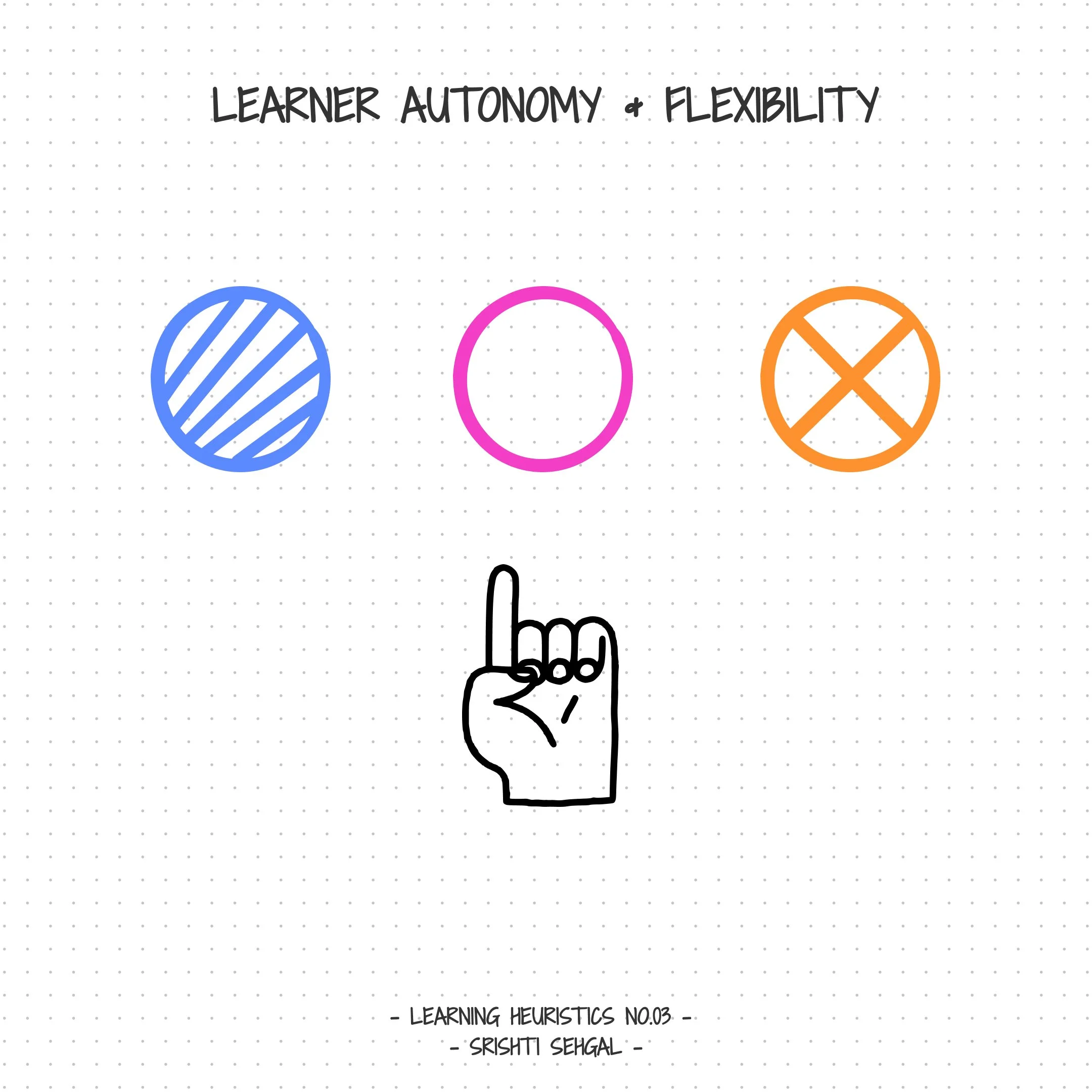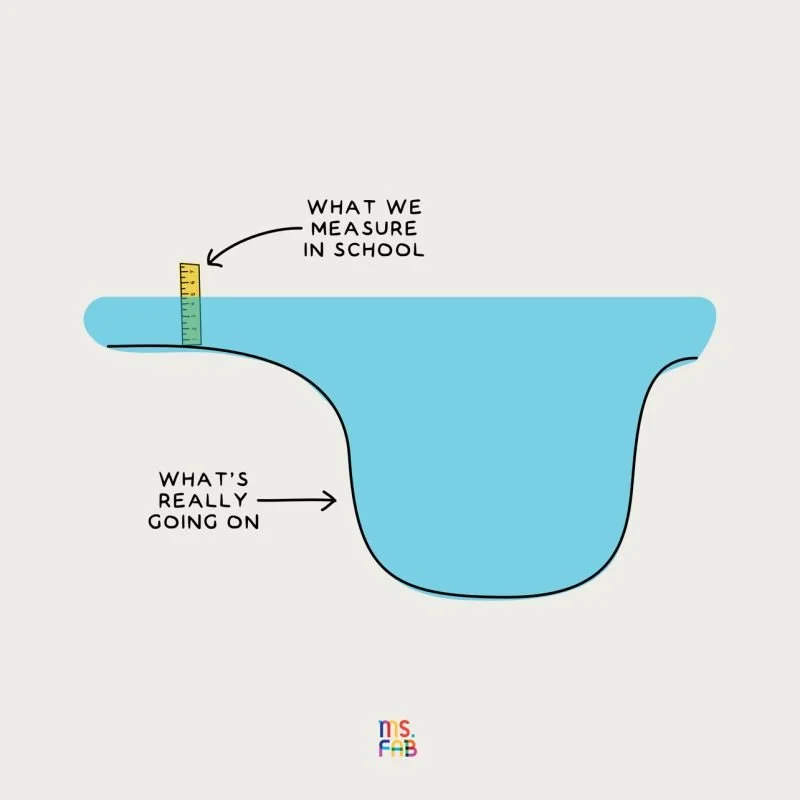Learning Nerd’s Diary #40
Welcome back Learning Nerds!
👀 Sneak peak
Here is what I have in store for you this week -
💭 Learning About Learning: Friction-led Learning
🥜 Learning Nugget: Multi-stakeholder Ecosystem
🧠 Learning Heuristics: No.3 Learner Autonomy & Flexibility
💥 Coolest Thing I Learnt This Week: The Dangers of Short Form Content
🔦 Spotlight: Something fun & addictive!
Let's jump right in!
💭 Friction-led Learning
In Physics, “Friction is the force that resists motion when the surface of one object comes in contact with the surface of another.”
When we learn about physics, we learn how integral friction is for the world to function. Without friction we won’t be able to do everyday things like walk without falling or write on a piece of a paper.
In case you’re wondering, no this is not a physics lesson but one in learning.
Friction is key to learning too. Confused? Here is what friction can mean in the context of learning:
You move to a new city and don't speak the language. You try to say something but people around you understand something else entirely
You move out of your home for the first time and don’t know how to cook. It’s the end of the month and you can’t order in food for every meal or you’ll go broke
Your new colleagues at work that you have lunch with keep talking about politics - a topic you know little about. You want to participate in the conversation.
In Learning, “Friction is the anything that resists an action creating opportunities to learn & grow.”
More often than not when we experience friction, we give up. But friction can be a great spark for learning. Let’s go back to the above 3 examples -
In the first case, you might be motivated to learn a new language - just so that communication becomes a lit easier
In the second case, you might learn how to cook basic things - in order to save money & survive the rest of the month
In the third case, you might start learning more about politics in order to participate in the conversation with your new colleagues
Here are 4 simple ways in which you can harness friction to learn better -
Discover Friction
In your everyday life, keep an eye out for points of friction. It could be at home or at work.Flip it
Instead of getting annoyed rephrase it as an opportunity. Think of what you need to learn in order to minimise that friction.Remember that it has a threshold
Just like the force of friction, there is a threshold you’ll need to cross for you to overcome it. It might seem impossible at the time, but know that there exists a threshold for learning too.Seek it
For things that you’ve been learning for long - think of small ways in which you can create friction for yourself to learn better.
🥜 Multi-stakeholder Ecosystem
Learning is a multi-stakeholder ecosystem.
Your customer and user might be different. Map our your who!
🧠 #3 Learner Autonomy & Flexibility
User control & freedom → Learner autonomy & flexibility
While a lot of our learning experiences come with a pre-defined curriculum, the learner should get an opportunity to exercise their autonomy during the learning experience. This could be what they learn (curriculum), how they learn (pedagogy/ content) or when they learn (Flexibility).
By empowering our learners to tae even small decisions in the learning journey, we ensure more buy-in and more ownership of the overall learning process.
Example:
Letting the group ‘vote’ on what icebreaker they’d like to do at the beginning of the session
Getting learners to pick a topic of their choice from a pre-decided list that they’d like to dig deeper into
Note: This is the third Heuristic in a series on Learning Heuristics
💥 Coolest Thing I Learnt this Week
The Dangers of Short-form Content
I came across this article on Ross Stevenson’s LinkedIn feed the other day and it really summarises the dichotomy of short form content for me. Here is my favourite part of the comic, going broad vs going deep -
Unbox Learning
We tend to put learning in boxes and try to measure each and every one of them. But while measuring is critical for learning, it’s also important to note what we measure.
I absolutely love the work of Ana Lorena Fabrega here is a quote & visual by her that talks about this -
Genuine learning often happens outside of school.
When kids are relaxed, exploring, creating, and trying things out without worrying about being judged.
🔦 Spotlight
Something super random and entertaining in the spotlight today! Warning! It’s highly addictive.
Love & Learning
Until we meet next week!
You can get this directly in your inbox!







